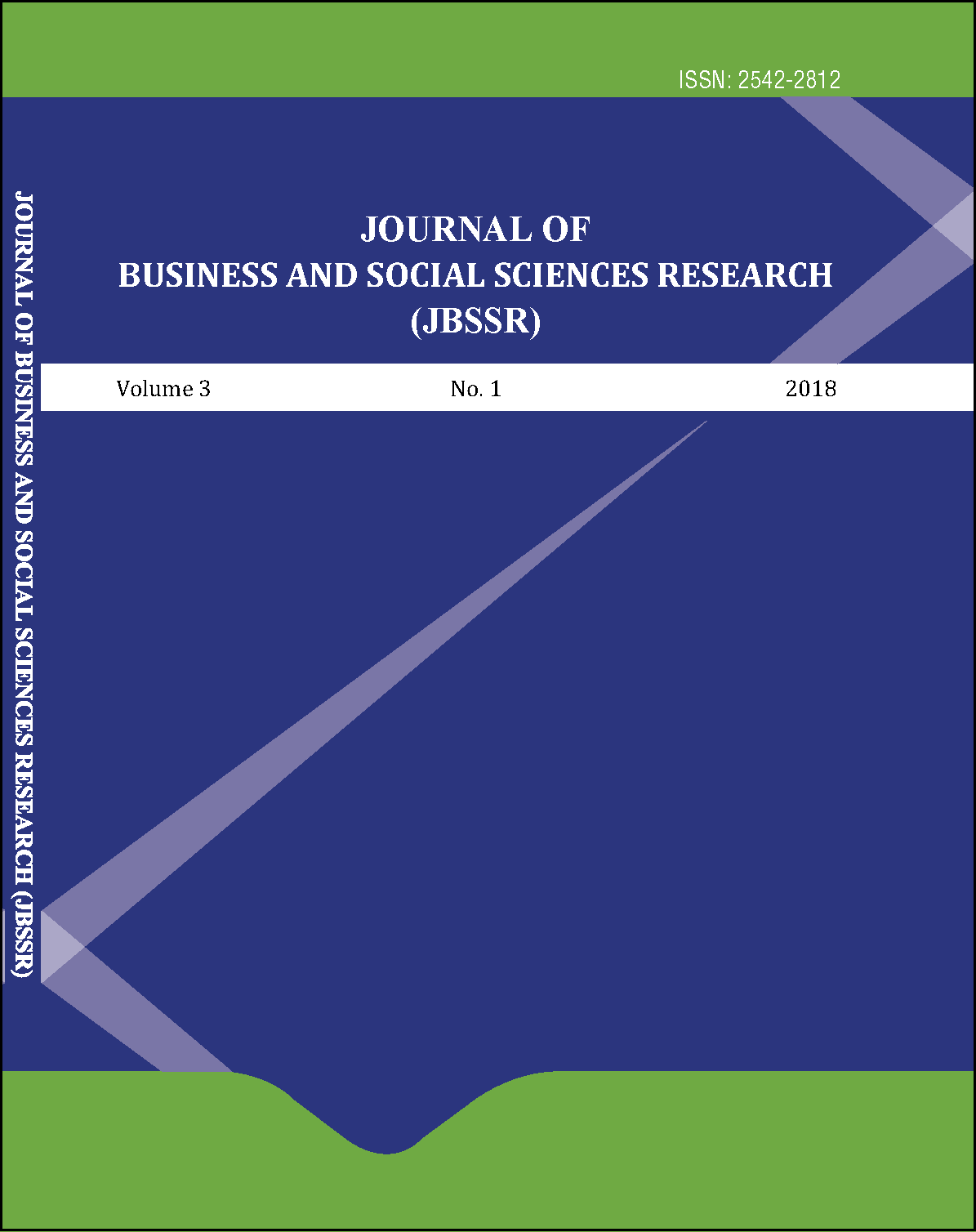Tax Reforms and Economic Growth with Reference to SAARC Countries: A Study Note
DOI:
https://doi.org/10.3126/jbssr.v3i1.24846Keywords:
tax revenue, per-capita income growth, panel data regression, Hausman test, five SAARC countriesAbstract
This research work is an empirical analysis of Taxation and economic growths ARC five countries, covering the period 1990-2012. Taxation was disaggregated into: goods and service tax, Personal Income Tax, the other tax, the revenue tax, the Government savings, FDI, Export and Import and they were used independent variables while the GDP per capita income growth was used as dependent variables for measuring economic growth in SAARC. In order to establish interconnection between taxation and economic growth, secondary data were collected from the World Fact Book, SAARC Statistical Bulletin and IMF statistical data. The data collected were analyzed using the Panel Data Regression Analysis and the fixed effect and random effect model regression were used while hypotheses were tested using T-Statistics and Housman Test. The results of the analysis reveal that a significant Negative relationship exists between Taxation and economic growth in SAARC.
Downloads
Downloads
Published
How to Cite
Issue
Section
License
© JBSSR/AIM
Authors are required to transfer their Copyright to the Journal of Business and Social Sciences Research.




